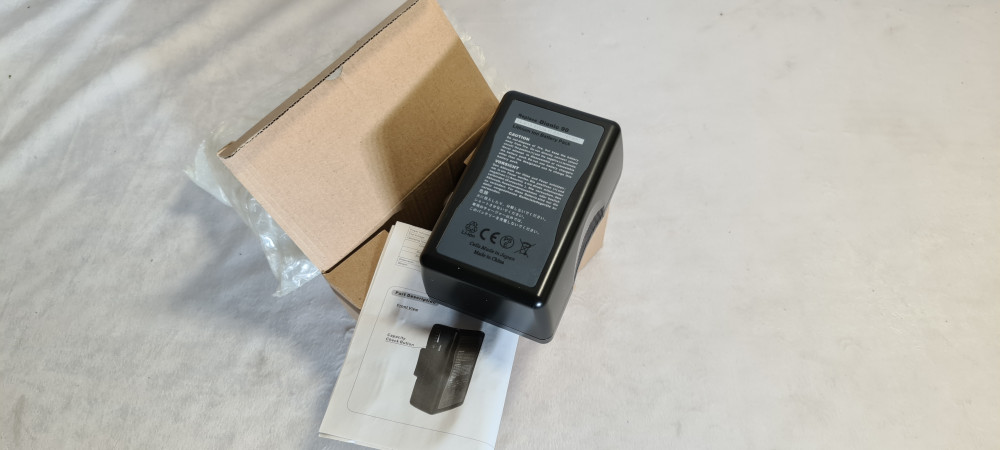Ring out the old, ring in the new

Author: Bob Pank#
Published 1st February 2011
At the start of a new year many of us will look back on the highs and lows of the last 12 months and try to predict what’s in store for us in the coming months before seeking advice on how to protect our business against the unknown.
Before making predictions for 2011 I thought I’d take a look back at key industry and business milestones over the past few years and consider the journey that the industry has been on.
When they were up they were up …
In the summer of 2007, the UK was focused on growth and my articles considered how best to set up a business. It was a strange time for a UK plc: Gordon Brown had just succeeded Tony Blair and the economy had been growing for five years quarter on quarter. The Spice Girls announced a reunion tour and David Beckham became by far the largest UK sporting brand when he publicised his move to LA Galaxy. Confidence was high and the news was all about setting out on new journeys.
When they were down they were down …
Then, in September 2008, Lehman Brothers failed (coincidentally at the same time as IBC) and, following hard on its heels, Northern Rock collapsed. The economic landscape changed overnight: cash literally dried up in the economy and there was an inevitable consequent dive in advertising revenue. The story was then about survival.
Survival of the fittest
In broadcast we saw, in fairly quick succession, the removal of the mid-range company post-houses (Rocket, Pepper, DGP, Oasis and many more). The industry needed more commissioning, better rates, no more receiverships, fewer reality shows, more films to be made in the UK, stable formats, and much more.
Staying down in 2010?
Unfortunately, a year later little had changed; and business conditions were bleak. Then, remarkably – and this is a testament to the strength of the broadcast industry – things started to get better around June.
I regularly harp on about first in, first out but, as a rule, as the economy changes gear, broadcast races one way or the other. It’s feast or famine and it always starts with ITV and the hire companies.
Why? Because ITV’s figures have a direct correlation with the amount of advertising revenue in the market. Naturally, this has a direct pull on the performance of the post-houses in London. Which then directly benefits hire company performance, because post-houses experiencing a couple of months’ of strong performance don’t have the confidence to buy larger amounts of kit so they hire equipment instead. If you take into account the effect of the World Cup and a surge in post-production activity, hire companies should be flying.
ITV to increase commissioning?
This increase in performance by ITV should have a secondary effect which I believe Adam Crozier understands well. When you have limited revenues, such as ITV has had over the past few years, you immediately make sacrifices on aspects that are core to the longer-term aim of your business. So ITV stopped commissioning original programme ideas – and started losing out dramatically on overseas sales with some of their top programmes.
X Factor, for instance, is co-owned by Sony and Syco (Simon Cowell’s company); it has been versioned in 46 countries and draws 20 million viewers at its peak. X Factor and Dancing on Ice are the last big overseas sales hits. I’m a Celebrity Get Me Out of Here is owned by ITV but has nowhere near the same power or advertising pull; it peaked in series three, five years ago.
So Crozier, seeing the success of Downton Abbey on Sundays, understands that home grown ITV productions will keep not only keep ITV up in the ratings – but also provide a vital commodity to sell globally. So watch this space for more ITV commissioning.
Not so easy at the BBC
However, almost as a direct result of macro-economic factors, the news is not so good at the BBC. The government’s decision to freeze revenues from the license fee is likely to have real impact when ITV increases its commissioning. It takes a brave management to keep Aunty making original programmes when budgets are reduced as it means more redundancies. So I predict commission reductions at the BBC.
New predictions
So at the start of 2011, what are my thoughts about the strength and position of the media and broadcast industry? Please let me know what you think of the possibilities of any of these happening …
Twelve months of no interest rate rises
Eleven days in a row when BBC1 or ITV1 don’t show any reality TV
Ten months of growth in broadcast, starting in March
Nine new series commissioned by ITV
Eight hours of watchable 3D TV that is not sport
Seven blockbusters made in the UK
Six million flows into broadcast as a result of the royal wedding
Five new series commissioned by the BBC
Four of the top 10 post house consolidate
Three banks commit to lend to small businesses
Two major hire companies sell out pre-Olympic year
And a partridge in a pear tree.
If just five of these predictions come to pass in 2011 I believe the broadcast industry will be a far stronger than it is today.
If you have any questions or if you would like advice on buying or leasing equipment, or on management and business issues, do email me on peter.savage@azule.co.uk and/or write to the TV bay editor. To read other articles in this series, visit our website: www.azule.co.uk.



































